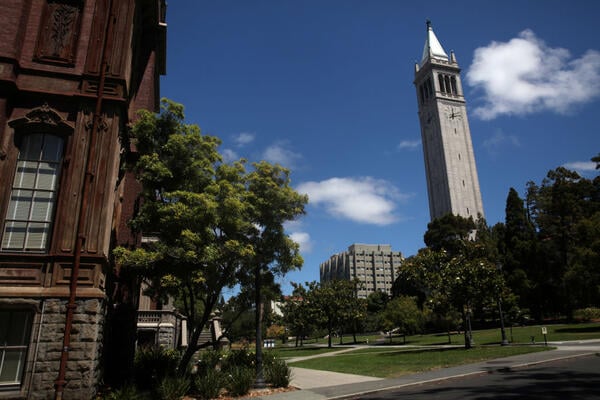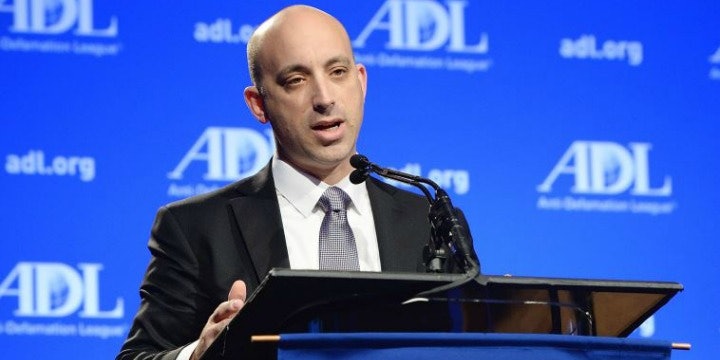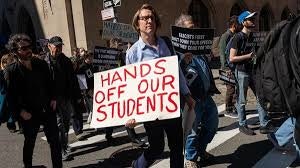Protesters gathered in Houston in June to oppose President Donald Trump’s immigration policies.
Reginald Mathalone/NurPhoto via Getty Images
An appeals court has reversed the decision to release from custody Mahmoud Khalil, the Columbia University graduate and pro-Palestinian activist who was detained by immigration officials for several months last year, The Guardian and other outlets reported Thursday.
The court dismissed the lawsuit challenging his arrest in a 2-to-1 ruling, on the grounds that the lower court that ordered his release did not have the jurisdiction to do so. Circuit judges Thomas Hardiman, a George W. Bush appointee, and Stephanos Bibas, a Trump appointee, argued that the petition for his release should have been handled in his eventual immigration hearing.
“The scheme Congress enacted governing immigration proceedings provides Khalil a meaningful forum in which to raise his claims later on—in a petition for review of a final order of removal,” they wrote.
In a dissenting opinion, however, Judge Arianna J. Freeman, a Biden appointee, argued that it was appropriate for Khalil to seek faster relief in federal court, as his detainment was causing “irreparable injury.”
“Today’s ruling is deeply disappointing, but it does not break our resolve. The door may have been opened for potential re-detainment down the line, but it has not closed our commitment to Palestine and to justice and accountability,” Khalil said in a statement. ”I will continue to fight, through every legal avenue and with every ounce of determination, until my rights, and the rights of others like me, are fully protected.”






